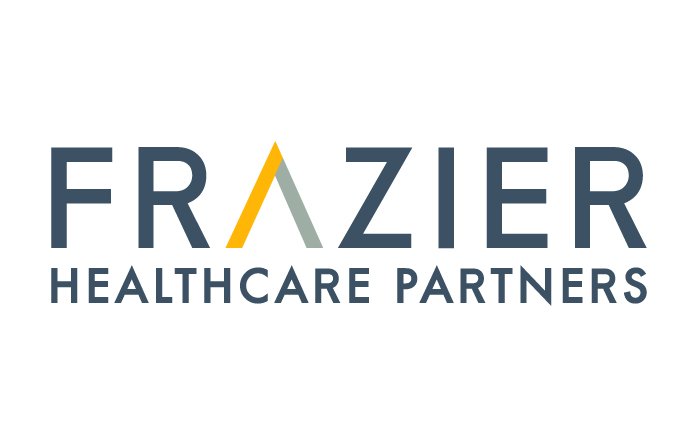For caregivers of children with a chronic health condition, it is important to understand legal rights for academic accommodations.
Join BioMatrix as we host a webinar focused on facilitating academic success for children with special healthcare needs.
Overview: This program is designed to empower parents to understand their child’s rights for accommodations in the academic setting. The presentation provides information and resources to design and implement effective 504 plans, transition between grades, schools, and alternate academic settings during the time of COVID-19. Presented by a mother and educator with children who have multiple chronic health conditions, this presentation draws on research, resources, and personal experience.
Key Learning Objectives:
Understand qualifying conditions and rights for academic accommodations
Understand the components of a 504 plan
Learn how to effectively set-up, implement, utilize, and preserve a 504 plan
Understand 504 coverage in Pre-kindergarten, Primary, Secondary and Post-Secondary environments
Understand the impact of COVID-19 on 504's and other accommodations
Identify resources and support to help during the upcoming school year
Please direct any questions related to this webinar by email to: education@biomatrixsprx.com
Thank you!
About Kelly Lynn Gonzalez
Regional Care Coordinator / Education Development Specialist @ BioMatrix Specialty Pharmacy
Kelly Lynn Gonzalez is a patient, parent of patients, and spouse in the rare disease community. Having personal experience with bleeding disorders, autoimmune disease, PIDD, epilepsy, and cancer – Kelly presents material colored by nearly three decades of experience managing chronic health conditions.
Her presentation style draws on both personal journey and professional expertise to educate, inspire and empower audiences. She channels a sincere passion for helping others facing chronic illness with previous experience as a teacher to lead heartfelt and dynamic programming. Kelly holds an MBA and MA in Education.
Stay informed on the latest trends in healthcare and specialty pharmacy.
Sign up for our monthly e-newsletter, BioMatrix Abstract.
We value your privacy. Review our Privacy Policy here.


































